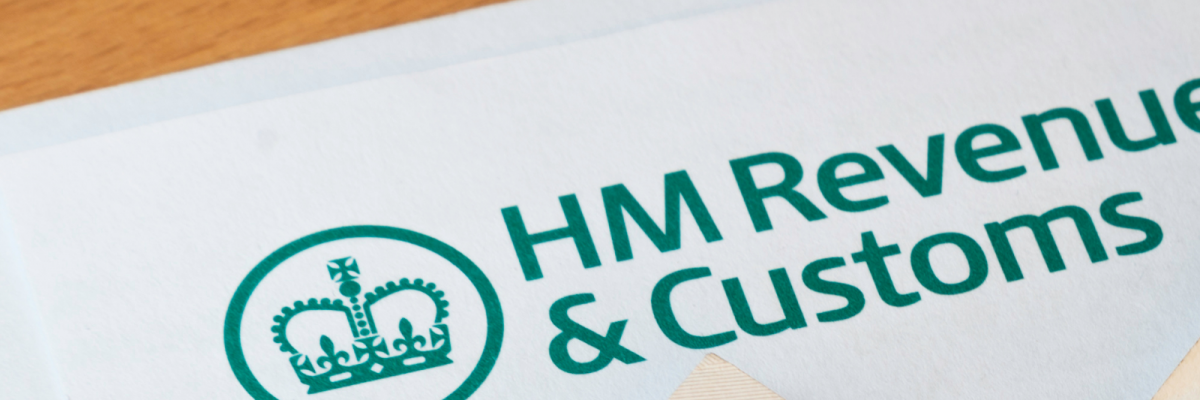What is a Time to Pay Arrangement/Agreement (TTP)
Time to Pay Arrangements are payment plans agreed to and laid out by HMRC, in order for companies to settle outstanding arrears in a more manageable way.
Firstly, it is important to mention that these are not easy options to pursue and HMRC will consider each individual case under different circumstances. However, the COVID-19 pandemic has seen many businesses affected in unprecedented ways. Due to this turbulent time HMRC may be more willing to offer these as solutions to more companies, although this is not guaranteed.
Is my Company Eligible?
Any record of late payments or failed payments is flagged by HMRC’s digital system, which initiates a reminder notice to companies who have failed to pay their taxes. If your company has received an automated reminder and you are concerned about your financial situation, alerting HMRC of this can do you huge favours as a company. Addressing these issues early on and communicating proactively with HMRC about your circumstances can prevent a situation from escalating, worsening the pressures of financial burdens.
Once you have communicated these concerns to HMRC seek the advice and assistance of an Insolvency Practitioner immediately, for help pursuing a TTP arrangement. A proactive approach to settling debts from the outset improves the HMRC’s perception of the situation, the company and their willingness to address issues appropriately.
In order to assess whether or not you will be eligible under the HMRC’s criteria you must carry out a cash-flow forecast. This will confirm that the company can maintain payments that may be proposed in a TTP arrangement and any additional costs this may entail.
As well as assessing your cash-flow forecast HMRC will analyse your company based on your files with them, looking at previous compliance and reliability, the details of your business and the industry you operate in and whether you have had to rely on payment arrangements before. All of these factors will influence their decision to allow a TTP arrangement for your company.
What can I do?
Prepare your Case
Although the criteria for TTP Arrangements is not set in stone, creating a strong case for your company’s eligibility will certainly help. HMRC will require evidence of your financial situation including out-goings and expenses as well as any forecasted income. This information will help them ascertain whether your company can commit to an ongoing direct debit with themselves.
Manage your Expectations and Capabilities
A TTP Agreement, while highly beneficial is unlikely to be the answer to all financial difficulties. It is important to identify your company’s capabilities and manage these throughout.
Settle on an amount that is manageable and achievable within your TTP Agreement. This direct debit will be a set monthly outgoing for a period of 12 months, do not be tempted to agree to a figure that is unsustainable for your company. Agreeing to something you cannot fulfil will only worsen your financial difficulties and affect your company further.
What is the Timeframe?
There is a deadline of 12 months on all HMRC TTP Arrangements with rare exceptions under extraordinary circumstances. It is extremely uncommon for HMRC to offer an extension past the standard 12 months, so it is best to forecast for this timeframe.
Within this 12-month period HMRC will also expect all current taxes within this term to be paid as and when they are due.
What if I miss a Payment?
Failure to comply with the payment plan will likely result in further legal action from HMRC. This includes failure to make payment(s) on outstanding arrears as well as a failure to pay ongoing taxes for the current period.
If you were to deflect on payments during the TTP Arrangement term HMRC will serve you one of two orders:
- Distraint Order Notice, alerting you of their intent to seize assets and property
- Winding Up Petition, A compulsory Liquidation ordered by the courts on behalf of HMRC as a creditor.
Either of these can have severe consequences for the company Directors so it is important that you seek advice and assistance if you are in this position or have growing concerns about your ability to maintain these obligations.
Our team of experts can offer the most valuable advice to you once we have all the information we need. If you have concerns about the state of your financial situation and the future of your company, get in touch. Our no-obligation consultations provide immediate, tailored advice on the most appropriate course of action for your company.
